I recently watched a video where Elon Musk discusses what he calls his “basic first principles algorithm” or “mantra” for problem–solving in engineering and product development.
It struck me as highly relevant to our work in game development, so I’ve adapted his approach to fit our context:
- Question the requirements:
- Examine and reduce the number of requirements for each game feature or project.
- Even if requirements come from experienced team members or stakeholders, they may not all be necessary.
- This ensures we’re not building the wrong features or over-complicating our game.
- Delete features or components:
- Try to eliminate entire features or components of our game project.
- If we’re not forced to put back at least 10% of what we delete, we’re not cutting enough.
- This helps streamline our game and focus on core elements.
- Optimize or simplify:
- Only after questioning requirements and cutting unnecessary features should we optimize or simplify what remains.
- This could apply to gameplay mechanics, UI/UX, or technical aspects of our game.
- Speed it up:
- Any given process in our game development can be made faster, but don’t focus on speed until after we’ve completed the previous steps.
- This could relate to development workflows, game loading times, or in-game processes.
- Automate it:
- The final step is to automate processes where possible, but only after we’ve gone through all the previous steps.
- This could include build processes, testing, or even procedural content generation in our game.
It’s crucial to apply these steps in order. The most common mistake is optimizing or automating features that shouldn’t exist in our game in the first place.
I encourage everyone to overcome the discomfort of cutting features or components. We tend to keep unnecessary elements due to past experiences or attachment to ideas, but this approach will help us create a more focused and efficient game.


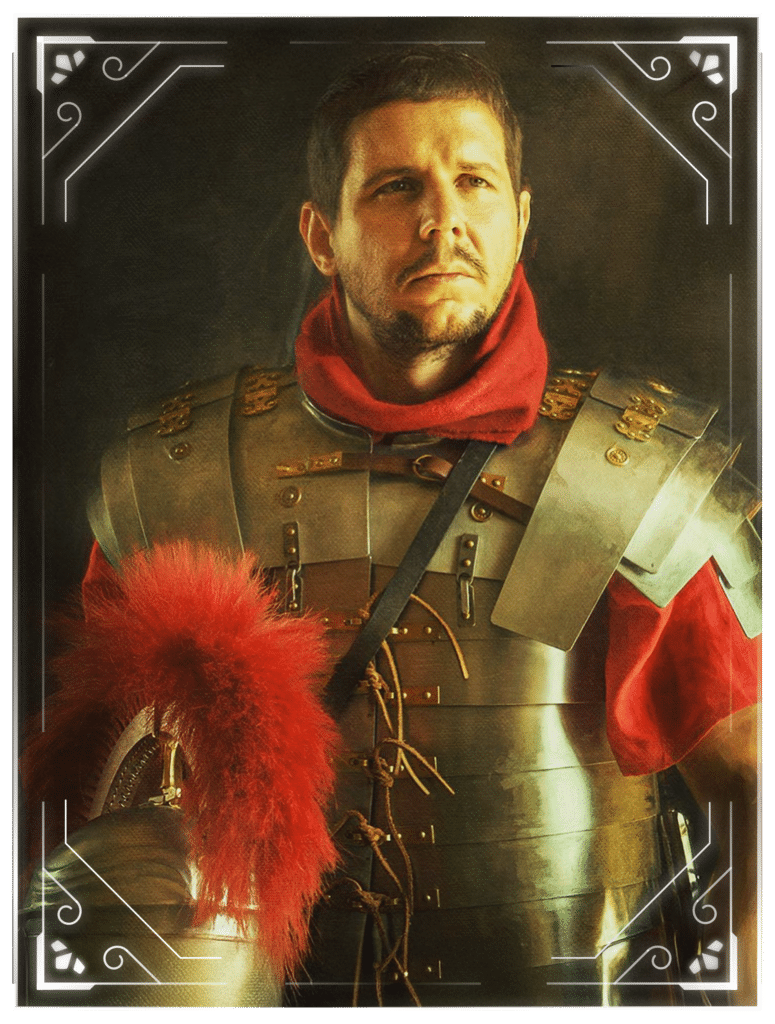



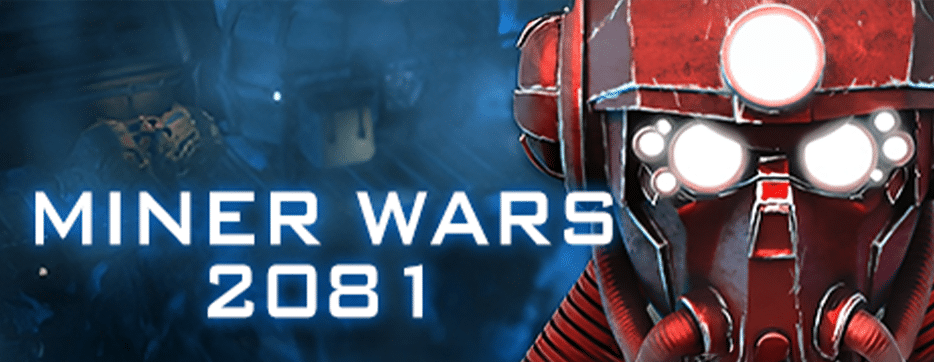
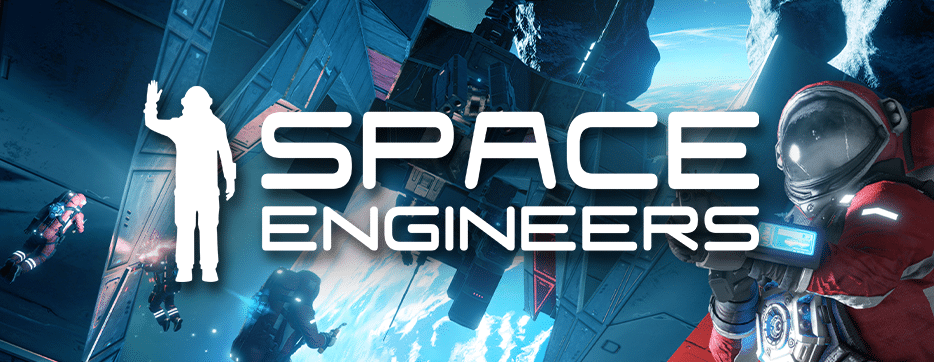
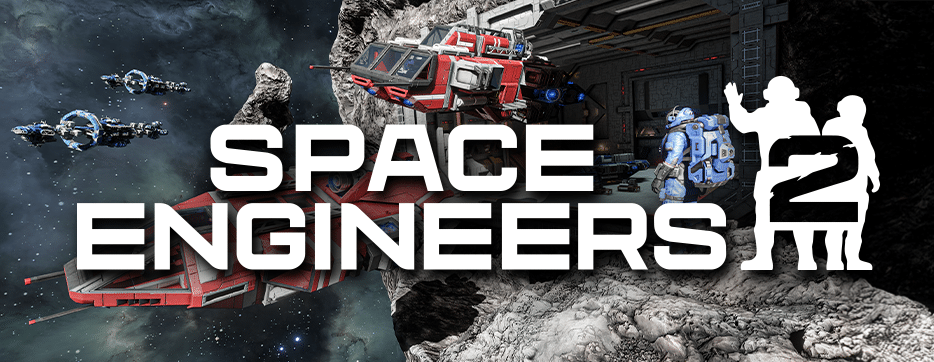
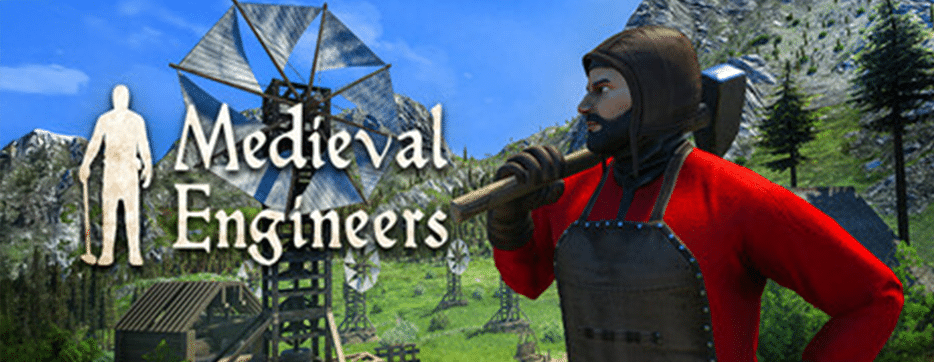

Leave a comment